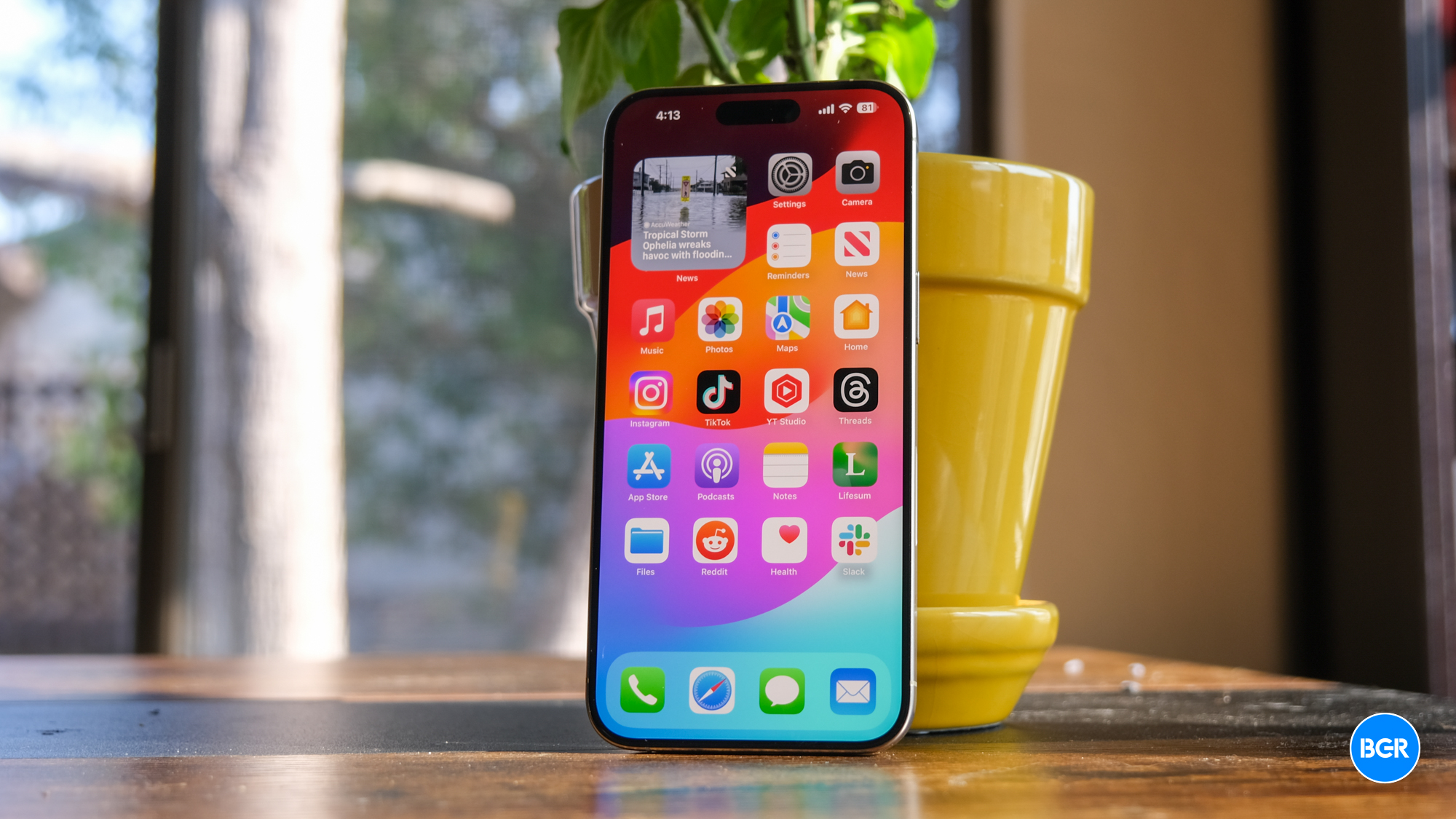Apple is one week away from unveiling the AI future of its products, with the iPhone and iOS 18 at the center of everything. Apple will catch up in many ways to rivals by baking AI features into its operating systems. It’s not just iOS 18 getting genAI features, as the same tools should be available from iPadOS 18 and macOS 15.
Reports say Apple will customize its artificial intelligence features. One key feature Apple will offer is improved privacy. A combination of on-device processing and secure cloud-based iPhone AI could set new industry standards for AI privacy. That’s definitely something I want from the iPhone.
Apple should partner with OpenAI to integrate ChatGPT chatbot functionalities in iOS 18. That’s also something I want on the iPhone. The ability to chat with AI about your queries is still underrated, even though we’ve had ChatGPT for over a year.
But the key AI feture I want from the iPhone once iOS 18 rolls out is something I didn’t expect Apple to deliver so soon. Siri will get massive powers if recent reports are accurate. It’ll be able to act like a true assistant and perform in-app actions that are not available anywhere else. It’s what I expect the future of personal AI to be, and it’s happening even faster than I thought.
However, it won’t be fast enough as the smarter Siri might not be ready until 2025. I do expect Apple to demo its new capablities next Monday at WWDC.
Bloomberg’s Mark Gurman detailed the new Siri features a few days ago. He said at the time that the new Siri is “one of Apple’s more complex AI initiatives and isn’t planned for release until as soon as next year.” This Siri upgrade will be part of an iOS 18.x upgrade set for sometime in 2025. Apple will likely test this Siri assistant variant via beta releases, though we might have to wait until it’s ready.
Gurman doubled down on the timeframe in a new report, further detailing the new abilities coming to Siri. He said in the Power On newsletter on Sunday that Apple will be using its own large language models to control individual features within apps for the first time.
The feature will “just work,” as it won’t require setup from the user via Siri Shortcuts or App Intents. Instead, the iPhone AI will analyze what I’m doing on the iPhone and auto-enable Siri to help. Gurman doesn’t say it, but yes, you’ll be able to turn the feature off if you don’t want AI messing with your apps. It’s how Apple does things.
I know I will want to use Siri AI on the iPhone if it’ll be able to perform such advanced tasks:
For instance, users could ask Siri to delete or forward an email. Or they could have Siri edit a photo, summarize a meeting, or move a note to a different folder — all within the apps themselves. Today, Siri mostly lives outside of the app universe, controlling more general items like smart home appliances, music, and system settings. Over time, this new feature will expand to allow multiple commands at once. For example, you could tell your iPad to write an email and send it to your spouse.
Siri will be even more useful on the iPad, Mac, and Vision Pro, which could add another dimension to multitasking. Imagine telling the AI to perform some of the tasks above in the background while working on something else.
Unfortunately, we’ll have to wait to use the more advanced Siri. Gurman repeated his previous claim. The upgraded Siri will not be available until sometime next year. By the time that happens, I’d expect Siri alternatives like Copilot and Gemini to get similar features.
ChatGPT could also become a personal assistant, but OpenAI lacks the first-party hardware to do it. I’d be less inclined to trust ChatGPT with access to my computer than the built-in Siri.
On that note, I’m sure once the iPhone gets the new Siri AI capabilities, they’ll be available on macOS, iPadOS, and visionOS. But that’s just speculation for now.



